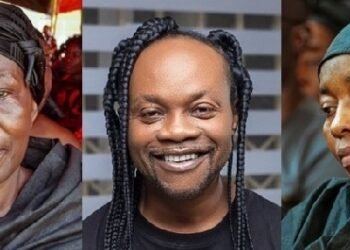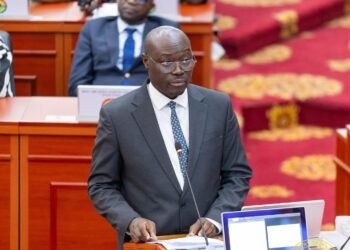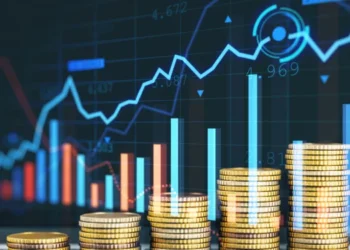The intersection of politics and creativity is a complex and often contentious arena.
Many argue that political climates and policies significantly impact the careers of creative individuals, while others contend that creativity thrives independently of political influences.
At its core, creativity is an expression of the human experience. Artists, writers, and musicians often draw inspiration from personal experiences, emotions, and observations rather than political contexts.
RelatedPosts
This intrinsic motivation leads to producing work that resonates with audiences regardless of the prevailing political climate.
Many creative works tackle universal themes such as love, loss, joy, and struggle. These subjects transcend political boundaries and are appreciated by diverse audiences.
For instance, while reflecting the political context of his time, Shakespeare’s plays delve into human emotions and relationships that remain relevant across centuries.
For many creatives, their work serves as a form of personal expression that is often detached from political ideologies.
The act of creation is a cathartic process, allowing individuals to explore their thoughts and feelings in a way that is independent of external political pressures.
Contrary to claims that political affiliations are usually inimical to the careers of creatives, the Deputy Minister of Tourism, Arts and Culture, Mark Okraku-Mantey noted that it depends on the individual.
Mark said some people have endorsed political parties but were strong in their field of work.
“Kwabena Kwabena became a bigger artist after ‘NPP Wo Soro’ [song]. Yeah, Kwabena Kwabena became more popular after endorsing Candidate Akufo-Addo. So if you have your issues don’t blame them on the political parties. If you manage yourself well and position yourself well as a brand, [you will thrive].”
Mark Okraku-Mantey
Creatives have historically demonstrated remarkable resilience in the face of political adversity. Throughout history, artists have continued to produce work despite censorship, oppression, and political turmoil.
In today’s digital age, creatives have access to global platforms that allow them to share their work beyond their local political contexts. This connectivity enables artists to build audiences and careers that are less reliant on the political climates of their home countries.
The commercial aspect of creative careers also suggests that politics does not significantly impact success. The market for creative work is driven by consumer demand, which often overlooks political considerations.
Their ability to resonate with audiences on a personal level often overshadows the political implications of their work.
Role of Political Engagement

While it may seem that politics does not affect the careers of creatives, it is important to acknowledge that many artists choose to engage with political issues.
However, this engagement often stems from personal conviction rather than a necessity for career advancement.
Many creatives use their platforms to advocate for social change. This activism enhances their careers by attracting like-minded audiences, but it is often driven by a desire to effect change rather than a response to political pressures.
Creatives often reflect societal issues in their work. While this commentary intersects with political themes, it does not necessarily dictate their career trajectories.
For instance, artists like Banksy use their art to critique political issues, yet their success is rooted in the universal appeal of their creativity.
Political engagement in the creative community is often voluntary. Many artists choose to remain apolitical or focus on personal themes, demonstrating that political involvement is not a prerequisite for a successful career in the arts.
The Deputy Minister who contributed to the discussion on the impact of creatives in partisan politics was analyzing how being involved affects creatives.
He also mentioned how a company he used to work with before getting into politics is still willing to do business with him.
“I spoke with some companies that I used to work with. I said you guys because I am now in politics you wouldn’t want to work with me. They said when I am done with politics, I should come and that they are ready to still do business with me,” he said.
While politics undoubtedly plays a role in shaping societal contexts, the assertion that it fundamentally affects the careers of creatives is an oversimplification.
The nature of creativity, the resilience of artists, and the dynamics of the market suggest that many creatives can and do thrive regardless of political climates.
Ultimately, the creative process is deeply personal and often transcends political boundaries, allowing artists to forge paths that are uniquely their own.
In a world where creativity is celebrated for its ability to connect and inspire, the impact of politics is less significant than it appears.
READ ALSO: Unilever Ghana’s Shares Surge, Recording 4.94% Gain Amidst Low Trading Volume























